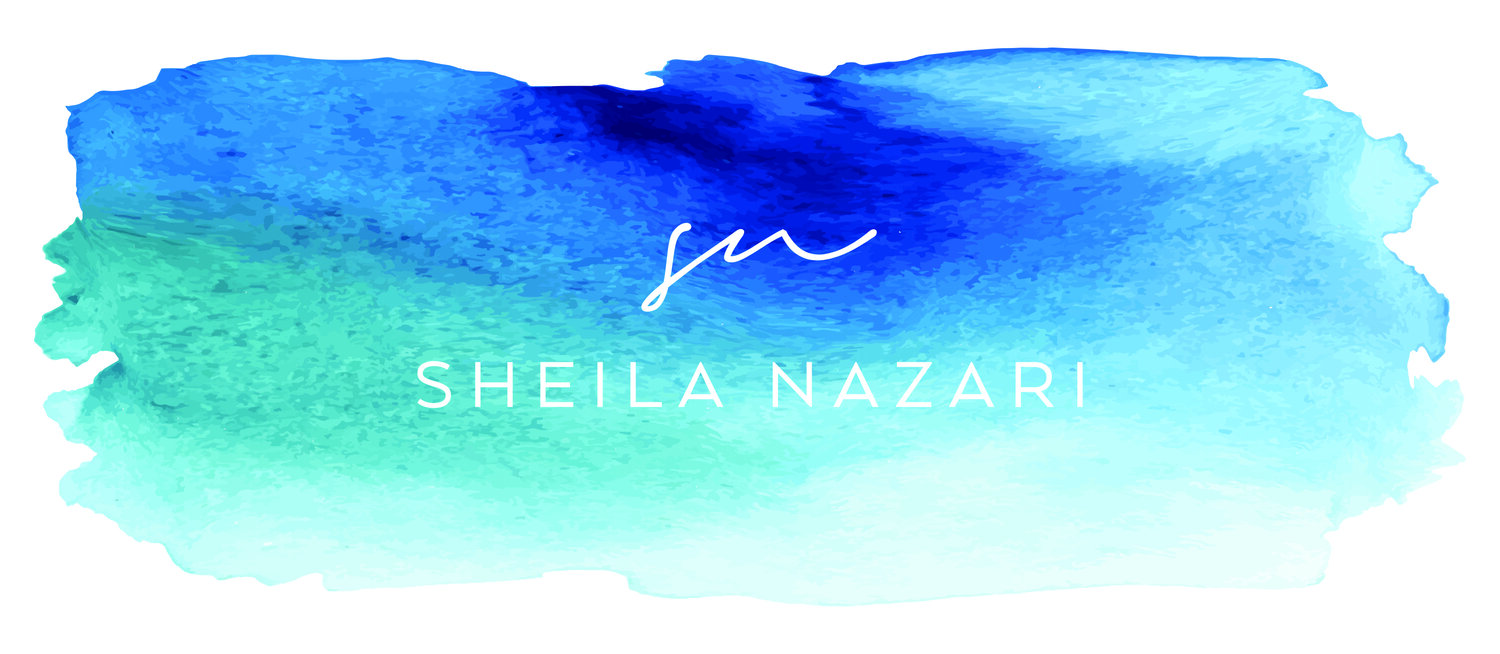Photo by Darius Bashar on Unsplash
You’ve been carrying the dream of writing a book in your heart for a while now. Maybe you’ve started it more than once, but then something gets in the way. Resistance shows up. Life gets busy, and the book quietly moves to the back burner.
You might find yourself wondering why you can’t finish the book already.
Subconsciously, you might still be telling yourself a story that’s keeping you stuck, and until you see it clearly and call it what it is, it will continue to block your progress.
Own your truth
If you really want to move forward and finish your book, you have to begin by turning inward and telling the truth. Ask yourself the questions that cut through the noise:
What lies am I telling myself to keep myself safe?
What am I pretending not to know, even though some part of me already does?
What payoff am I getting from staying stuck where I am?
What has it already cost me to stay in this place?
This kind of truth-telling isn’t easy. It takes courage to confront the places where we’ve been hiding from ourselves. However, when you commit to living in alignment with truth, you set yourself back on the course you were meant to travel. You stop spinning in circles and start stepping into the version of yourself who is ready to do the real work.
Surrender is letting go
One of the most freeing shifts you can make in the writing process is learning how to surrender. That doesn’t mean quitting or passively waiting for motivation, but in the deeper sense of letting go of your attachment to how you think things should go.
To surrender means to release the constant striving, forcing, and pushing, and to instead create space for the process to unfold in its own time and in its own way. It means acknowledging that you are not fully in control and that’s okay.
A lot of the pain we experience in the writing journey doesn’t come from the process itself. It comes from our resistance to the process. We want the words to come faster and better, so we get frustrated and blame our problems on writer’s block. When we finally stop resisting and just allow things to be as they are, our suffering lessens. We stop trying to control the uncontrollable and instead proceed with acceptance instead of judgment.
Allow your creativity to flow
The need for control is often rooted in our ego, which craves certainty, safety, validation, and clear outcomes. But creativity doesn’t live in the ego. It lives in the soul.
Your soul wants to express itself. Your writing doesn’t need to be perfect. It doesn’t need to be published tomorrow or validated by everyone.
Your ego might tell you that you need things to go a certain way in order for you to feel happy or successful. But that’s a myth that comes from believing that your external circumstances determine your worth.
Control was a coping strategy
Many of us developed a need for control as a way to survive early on in life. As children, we may have experienced pain, unpredictability, or unmet needs, and in response, we tried to create a sense of order and safety in any way we could. It could’ve looked like perfectionism or people-pleasing or being afraid of failure.
But those patterns, while understandable, may no longer be helpful. Control might have protected you then, but it could be strangling your creativity now.
Writing a book is an act of trust. It’s about allowing something deeper within you to guide you, even when you don’t have a clear map. It’s about learning to feel safe in the unknown, and to believe that something beautiful can come out of the chaos.
Write from surrender
The next time you find yourself caught in the cycle of procrastination, self-doubt, or endless rewriting, pause. Breathe. And ask yourself:
What am I trying to control right now?
What would happen if I let go?
Writing your book is not just about hitting word count goals or checking something off your list. It’s about returning to who you. It’s about reclaiming your voice and your creative freedom.





